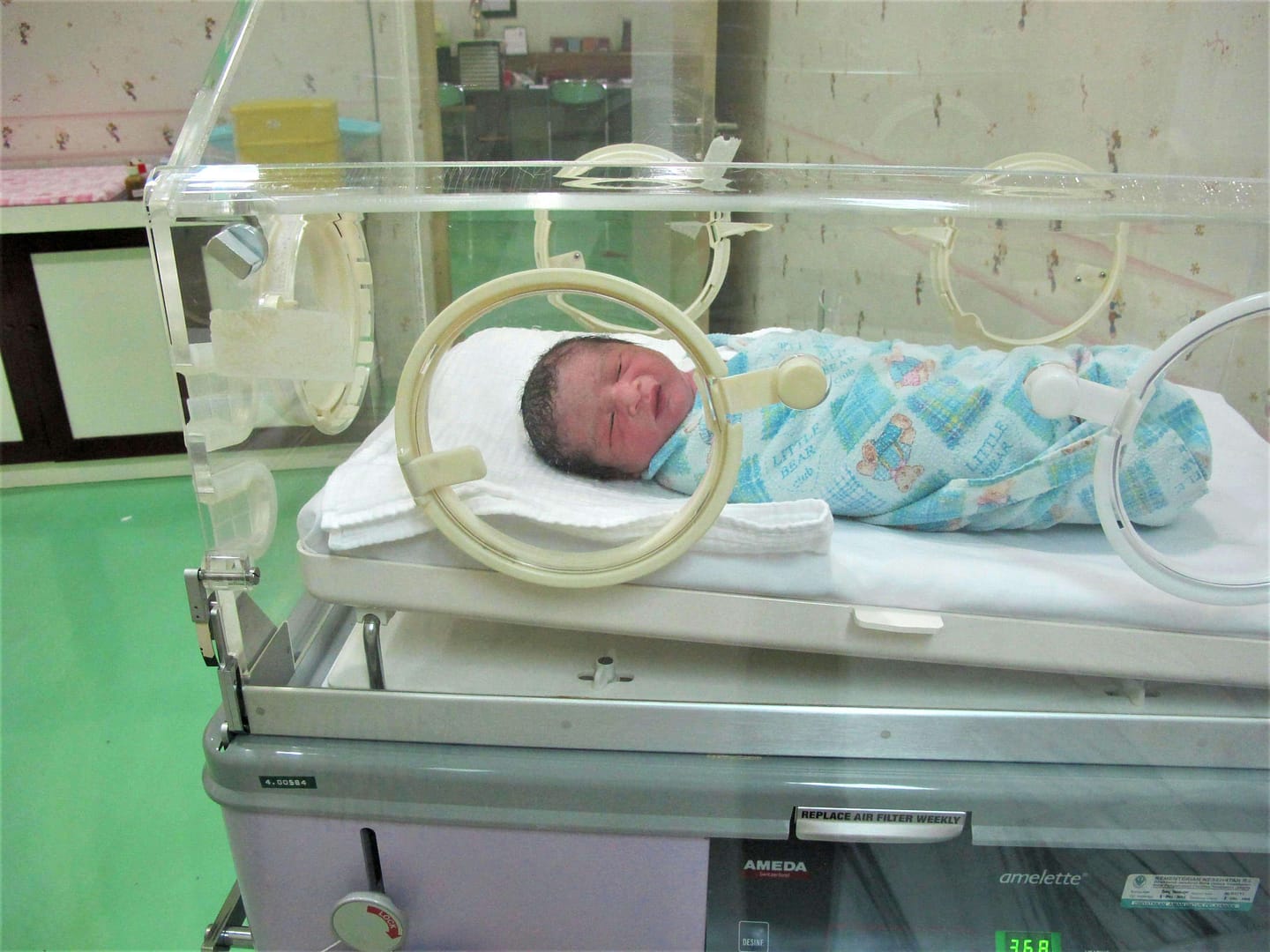Cerebral Palsy and Clinical Negligence are two terms that, when brought together, shed light on a deeply concerning aspect of medical practice. Cerebral palsy is a lifelong condition that affects a person’s ability to move and maintain balance and posture, while clinical negligence refers to the failure of healthcare professionals to meet the standard of care expected in their field. The question that arises is whether cerebral palsy can be caused by clinical negligence. In this article, we will delve into this crucial matter, exploring what clinical negligence means in the context of cerebral palsy and whether this condition can indeed result from medical errors.
What is Clinical Negligence for Cerebral Palsy?
Clinical negligence, often referred to as medical malpractice, is a situation where healthcare professionals, such as doctors, nurses, or hospitals, fail to provide an acceptable standard of care to their patients, leading to harm or injury. It can encompass various actions or omissions that fall below the standard of care expected in the medical community. When we talk about clinical negligence in the context of cerebral palsy, it pertains to cases where the condition arises due to medical errors, mismanagement, or negligence during the pregnancy, childbirth, or postnatal care.
Cerebral palsy is a group of disorders that affect a person’s ability to move, maintain balance, and posture. It is often caused by brain damage that occurs before, during, or shortly after birth. While not all cases of cerebral palsy are associated with clinical negligence, there are instances where medical errors during the perinatal period may lead to the development of this condition.
Can Cerebral Palsy Be Caused by Negligence?
The link between cerebral palsy and clinical negligence is a complex one, and establishing a direct causation can be challenging. However, it is crucial to recognise that cerebral palsy can, in some cases, result from medical negligence. To understand this better, let’s look at various scenarios where clinical negligence can lead to cerebral palsy:
Mismanagement of Labour and Delivery
One common situation where clinical negligence can lead to cerebral palsy is during labour and delivery. If healthcare providers fail to monitor the vital signs of both the mother and the baby or neglect to address complications promptly, the infant may experience oxygen deprivation, which can cause brain damage and, subsequently, cerebral palsy.
Delayed or Incorrect Diagnosis
Cerebral palsy often manifests during a child’s early years, and its symptoms may not be immediately apparent. Healthcare professionals play a crucial role in diagnosing the condition, as early intervention can significantly improve a child’s quality of life. Failure to diagnose cerebral palsy in a timely and accurate manner may be considered clinical negligence, as it deprives the child of early intervention services.
Medication Errors
In some cases, medical negligence can be linked to cerebral palsy when healthcare providers administer incorrect medications or fail to manage medications properly during pregnancy or childbirth. Some medications can pose risks to the developing foetus, and their improper use can lead to neurological damage and, subsequently, cerebral palsy.
Inadequate Monitoring During Pregnancy
Prenatal care is essential to ensure the health and well-being of both the mother and the baby. Inadequate monitoring during pregnancy can lead to missed warning signs or complications that, if addressed in a timely manner, could prevent cerebral palsy.
Legal Implications of Cerebral Palsy and Clinical Negligence
When a family suspects that their child’s cerebral palsy may be the result of clinical negligence, they may choose to pursue legal action. In the United Kingdom, as in many other countries, medical malpractice claims require the establishment of a few key elements:
Duty of Care: The plaintiff must demonstrate that the healthcare provider owed them or their child a duty of care. In medical cases, this is usually straightforward, as healthcare professionals have a duty of care to their patients.
Breach of Duty: The plaintiff must prove that the healthcare provider breached the duty of care by acting negligently. This is where the link between clinical negligence and cerebral palsy comes into play, as it must be established that the healthcare provider’s actions or omissions led to the condition.
Causation: The plaintiff must show that the breach of duty directly caused the injury. Proving causation can be challenging, especially in cases of cerebral palsy, where multiple factors may contribute to the condition.
Harm or Injury: The plaintiff must demonstrate that the negligence resulted in harm or injury. In the context of cerebral palsy, this would involve proving that the child’s condition is a direct result of clinical negligence.
Challenges in Establishing Causation
Establishing causation in cases of cerebral palsy and clinical negligence can be intricate due to the multifactorial nature of the condition. Cerebral palsy can result from a combination of genetic, environmental, and medical factors, making it difficult to pinpoint a single cause. However, with advancements in medical knowledge and technology, it is becoming more feasible to establish causation in some cases.
Medical experts play a vital role in these cases by examining the medical records, conducting comprehensive evaluations, and providing their opinions on whether clinical negligence likely contributed to the development of cerebral palsy. These experts consider factors such as oxygen deprivation, birth trauma, medication errors, and the healthcare provider’s adherence to standard procedures.

Making a Clinical Negligence Claim with National Claims
At National Claims, we understand the gravity of cerebral palsy cases linked to clinical negligence. We are here to guide you through the process of making a claim, providing the support and expertise you need during this challenging time by connecting you with a solicitor from our panel who will be able to assist you with your case.
Compensation and Support
Our goal at National Claims is not only to seek justice but also to secure compensation for the harm and suffering you and your child have endured due to clinical negligence. This compensation can help cover medical expenses, therapy, assistive devices, and other costs associated with caring for a child with cerebral palsy. We are here to support you every step of the way, ensuring that you receive the assistance you need.
Conclusion
In conclusion, the link between cerebral palsy and clinical negligence is a matter of significant concern in the medical and legal fields. While not all cases of cerebral palsy are attributable to clinical negligence, there are instances where medical errors during pregnancy, childbirth, or postnatal care may contribute to the development of this condition. Pursuing a clinical negligence claim is a challenging process, but it is an essential avenue for families who suspect that their child’s condition may be the result of medical malpractice.
National Claims is here to provide you with the support and expertise you need when making a clinical negligence claim related to cerebral palsy. Our team will guide you through the process, from the initial consultation to expert medical assessments, connecting you a specialist solicitor, and seeking compensation and support. We understand the emotional and financial toll that clinical negligence can take on families, and we are dedicated to helping you seek justice and secure the resources you need to care for your child. If you believe clinical negligence has played a role in your child’s cerebral palsy, do not hesitate to reach out to National Claims for assistance.
Contact us today to speak to one of our claims agents who will help you get started with your claim.
Click below to see why we are one of the most trusted claims management companies in the UK.

We’re proud of our excellent customer reviews
We thrive on delivering exceptional service and ensuring our clients’ satisfaction. Don’t just take our word for it. Check out some of our independent reviews to see what our clients have to say.
Excellent

This firm is excellent, they sorted out my car pay out and injury claim very fast, they always communicate with you all the time.

My accident case was dealt with confidence and with great result of the outcome, especially James kept me informed all the time.

I was very impressed at the way my inquiry was treated. I was listened to attentively and everything I needed to know was explained to me.






